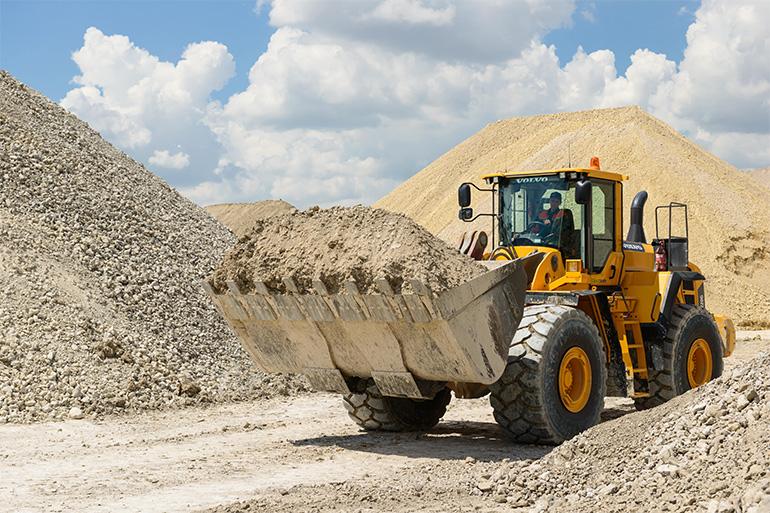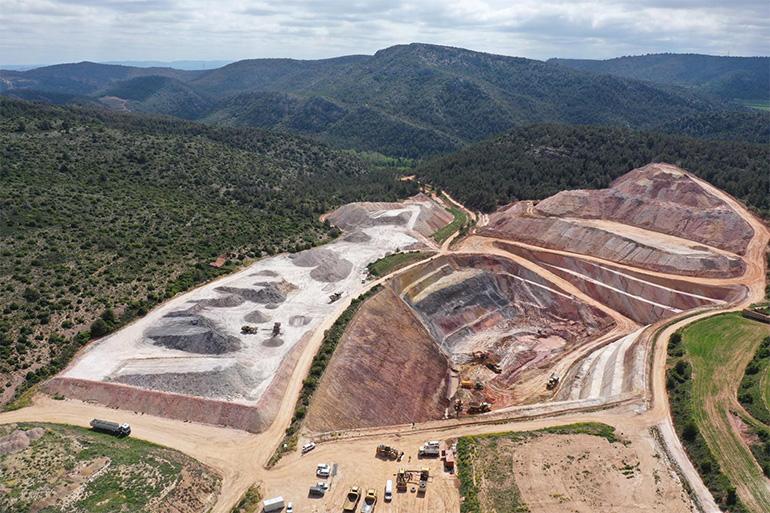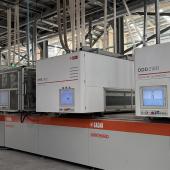Vesco Group reports 89% revenue growth in 2024
Raw material sales volumes rose by 137% year-on-year, driven by increased production, the reopening of Ukrainian ports and the group’s expansion in Europe.
Vesco Group, a Ukrainian multinational specialising in the extraction and supply of raw materials for the ceramic industry, posted revenues of €133.2 million in 2024, marking an 89% year-on-year increase. This growth was fuelled by strategic expansion across Europe, an increase in production volumes and renewed access to Ukrainian ports.
Last year, Vesco extracted 913,000 tonnes of raw materials (clay, feldspar and sand) at nine quarries. Sales volumes grew by 137% year-on-year to 1.46 million tonnes, mostly for use in the ceramic industry in Italy, Spain, Ukraine, Poland and Turkey.
As mentioned, the resumption of direct shipments from Ukrainian ports at the end of 2023 played a key role, significantly lowering logistics costs and, in turn, allowing the group to offer more competitive prices.
Regarding internationalisation, VESCO Group’s Chief Commercial Officer Dmytro Kostornichenko commented:
“Since 2020 we’ve been scaling up our EU footprint and expanding our product portfolio. In 2024 we invested €1.78 million in development and equipment. This year we plan to increase investments eightfold, with a strategic focus on Romania, Spain and India.”
Over the next two years, Vesco Clays Spain plans to open a new quarry, while R&D initiatives continue in Romania, Serbia, Bosnia and Poland. In India, one of the fastest-growing ceramic markets globally, Vesco is conducting geological surveys to support sustainable long-term supply growth.
As part of a diversification strategy in preparation for the expected revival of the European ceramic industry over the next three years, Vesco plans to begin exploring a kaolin deposit in Ukraine in 2025 and to introduce limestone and bentonite to its portfolio.
Sustainability also remains core to the group’s operations. In 2024, Vesco invested €1.3 million in the reclamation and restoration of 32.7 hectares of land, which have been made available for use by local communities. A further 66.86 hectares are currently under active restoration and will soon support new ecosystems.
Did you find this article useful?
Join the CWW community to receive the most important news from the global ceramic industry every two weeks























